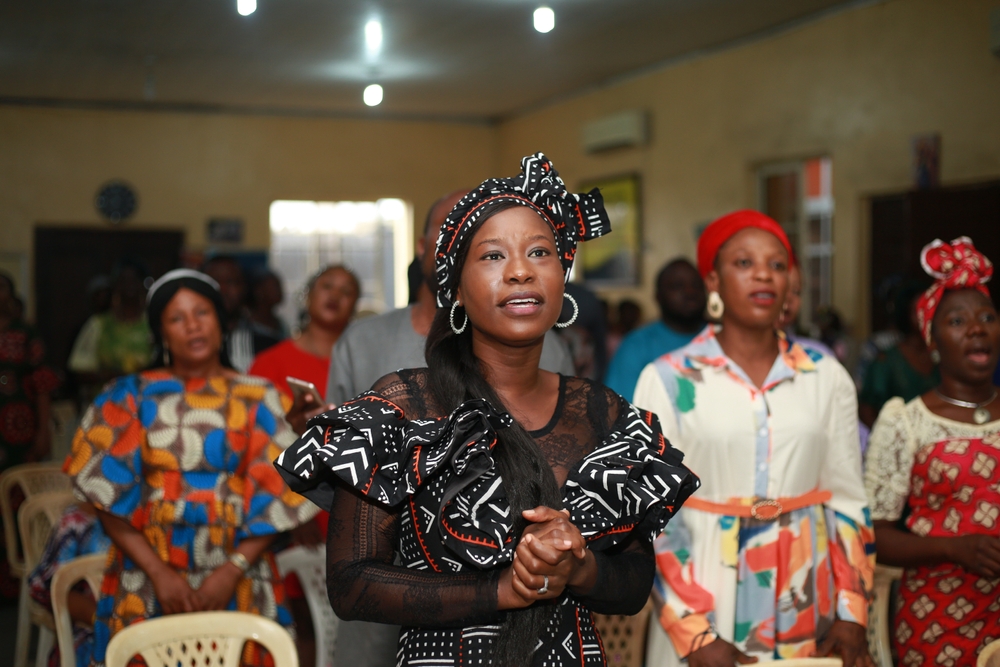Nigeria faces growing unease after U.S. President Donald Trump ordered the Pentagon to prepare for possible military action. Trump said the move targets the ongoing killings of Christians in Nigeria, warning that America would end all aid and “go in guns blazing” if the violence continues. His statement, posted Saturday, shocked Abuja and drew swift rejection from President Bola Ahmed Tinubu’s administration.
Trump claimed that the U.S. must act to “wipe out Islamic terrorists” accused of massacring Christians. He instructed what he called the “Department of War” to plan a rapid and “vicious” response. Nigerian officials quickly condemned the remarks, calling them inflammatory and disrespectful to national sovereignty.
Nigeria Pushes Back but Keeps Diplomatic Door Open
President Tinubu said on Sunday that Nigeria remains open to dialogue with Washington. He emphasized that any counterterrorism partnership must respect Nigeria’s independence. In a separate post on X, Tinubu said portraying Nigeria as intolerant toward Christians misrepresents its social reality.
Tinubu’s spokesperson, Daniel Bwala, suggested that Trump’s threats may serve as a negotiating tactic. He noted that both countries already share intelligence and cooperate militarily against insurgent groups. Amnesty International recently reported that jihadist attacks have killed more than 10,000 people since Tinubu took office.
With roughly 220 million citizens split almost evenly between Christians and Muslims, Nigeria continues to face complex security challenges. Extremist group Boko Haram still operates in the north, targeting both Muslims and Christians. Some Christian leaders, however, insist their communities suffer disproportionately. Reverend Ezekiel Dachomo accused the government of downplaying what he calls an ongoing massacre.
U.S. Motives Questioned Amid Resource Interests
Trump’s statements followed calls from U.S. Senator Ted Cruz to label Nigeria a violator of religious freedom, citing “Christian mass murder.” The proposal sparked fierce debate at home, with some Nigerians cautiously supporting American help against terrorism. Broadcaster Cyril Abaku said he would welcome outside aid if it genuinely protects communities.
However, analysts warn that Trump’s interest may extend beyond humanitarian goals. Nigeria’s vast reserves of rare earth minerals—including lithium, cobalt, copper, and nickel—lie in the insurgency-plagued northeast. These elements are vital for electric vehicles, renewable energy, and defense technology. Critics believe these resources make Nigeria a strategic target rather than a moral concern.
Human rights activist Omoyele Sowore argued that Nigeria does not need a foreign savior. “What Nigeria needs is accountable leadership that protects all citizens and ends corruption,” he said.
The United States first listed Nigeria as a “country of particular concern” in 2020 for religious freedom violations, though it did not single out Christian persecution. Now, Trump’s threat of intervention has reopened old wounds and deepened fears that faith, politics, and global resource interests are colliding once again.



